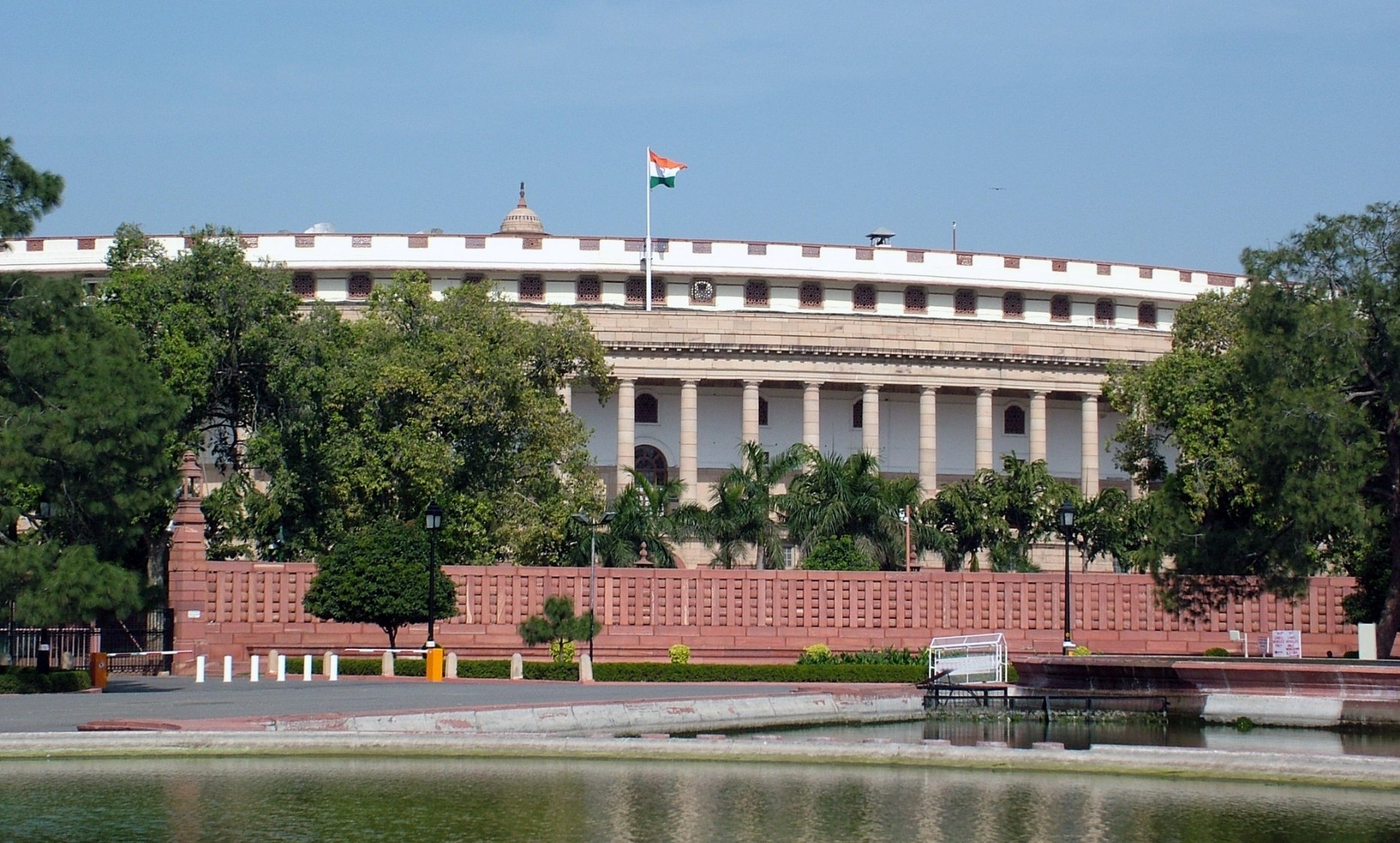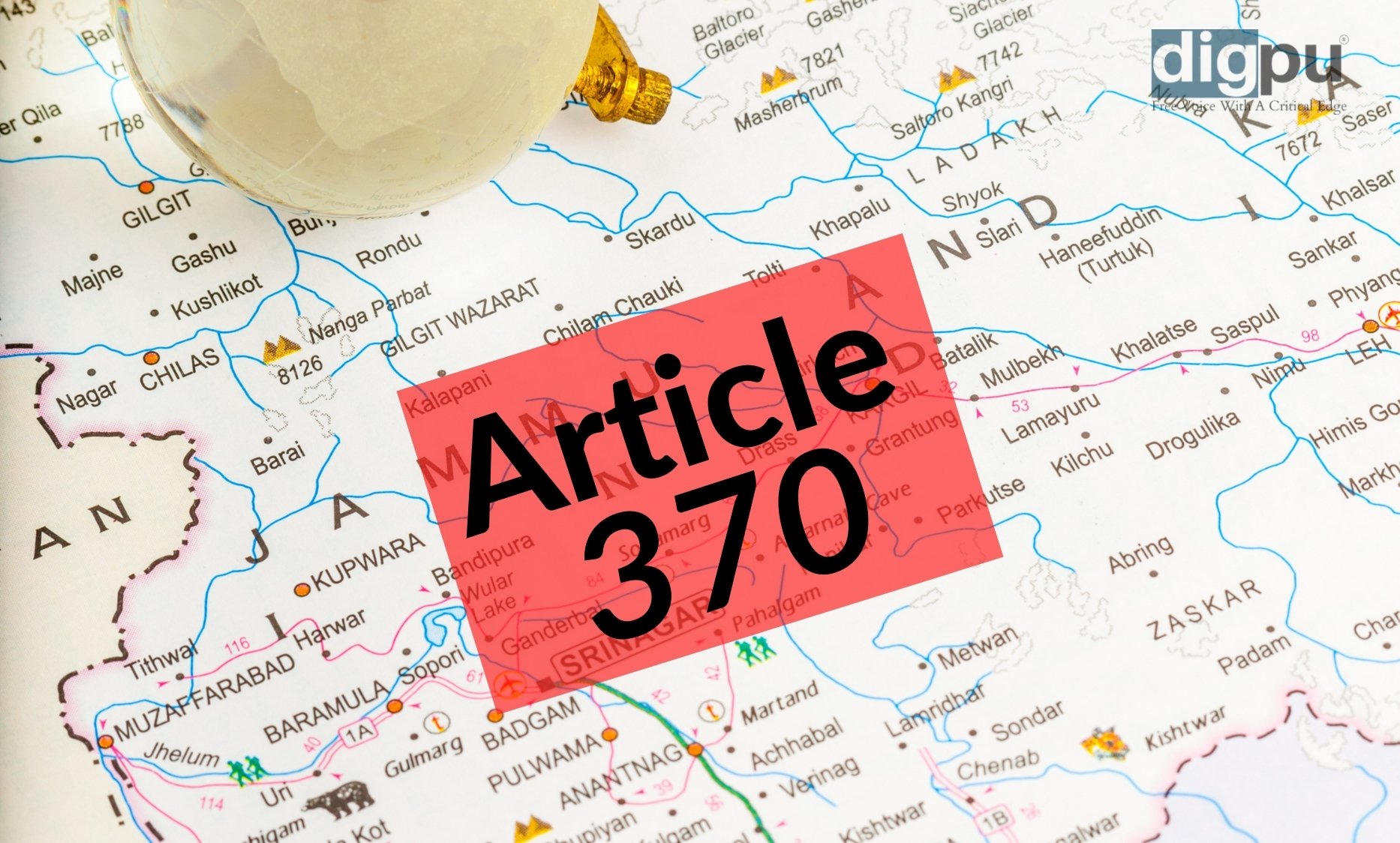Lok Sabha Passes Bill to Enhance Delhi LG’s Powers – Or Is BJP Taking Unconstitutional Control of Delhi?

It was held that to realize this real purpose, necessary give purposive interpretation Article 239AA so that the principles of democracy and federalism which part basic structure Constitution are reinforced in NCT of Delhi their truest sense.
“The exercise of establishing democratic and representative form government NCT Delhi insertion of Articles 239AA and 239AB would turn futile the Government Delhi that enjoys confidence of the people of Delhi not able usher policies and laws over which Delhi Legislative Assembly has power to legislate for the NCT of Delhi,” the order stated.
Parliamentary Debate Around the Bill

In this backdrop, many members opposed the Bill. “The present legislation is unconstitutional and coloured. It seeks to remove the limits imposed by the Constitutional Bench on the powers of the LG,” Congress MP Manish Tewari said. He emphasized that the 69th Constitutional Amendment grants a special status to Delhi for having an elected Government. “LG cannot be given overriding powers by making him the Government. Except police, public order and land, Government had all the powers to make laws under article 239 A (a) of the Constitution,” he said.
He added that the provision in the Bill which requires that opinion of the LG must be obtained before taking any executive action on decisions of Delhi Govt “divorces a decision from its implementation”.
Dr. ST Hasan of the Samajwadi Party added that the provision for seeking LG’s opinion is contrary to the Supreme Court’s judgment as per which the Government has to only “inform” the LG of its decision.
“The Supreme Court said the Delhi government empowered to take decision on all subjects except public order, police and land. It also said the LG being the Administrative head shall be kept informed with respect to all the decisions taken by the Council of Ministers. Informing the LG doesn’t mean taking permission. We are overturning the 5-judge bench,” he said.
Union Minister G. Kishan Reddy however claimed that that the Bill neither takes away any right from the Delhi Government nor it confers any new rights on the LG. He said that the proposed amendments are to clarify the points raised after directions from the Supreme Court.
“The Honourable Court said it is incumbent on Delhi Government to inform the Lieutenant Governor of its decisions. Some clarification is needed as it is affecting the citizens. It is necessary to remove the administrative uncertainties… It will improve administrative functioning,” he said.
During the debate, BJP MP Meenakshi Lekhi claimed that under Article 239AA (Special provisions for Delhi), the LG is an Administrator and his position is different from that of other Governors. “Governor works on aid and advice of the Council of Ministers under Article 163 of the Constitution. But the LG is ‘assisted by the Council of Ministers under Article 239AA (4),” she said. She emphasized that sub-section (4) under Article 239AA states that the Council of Ministers in the Legislative Assembly, shall aid and advise the Lieutenant Governor in the exercise of his functions in relation to matters with respect to which the Legislative Assembly has power to make laws, except in so far as he is, by or under any law, required to act in his discretion:
Provided that in the case of difference of opinion between the Lieutenant Governor and his Ministers on any matter, the Lieutenant Governor shall refer it to the President for decision and act according to the decision given thereon by the President and pending such decision it shall be competent for the Lieutenant Governor (in urgent matters), to take such action as he deems necessary.
Lekhi said,
“The Council of Ministers can aid & advice the administrator, which is the LG. however, the LG is not bound by such advice. He is free to have a different opinion. In case of such difference in opinion, the LG alone has power to refer the matter to the President. Meanwhile, if he deems fit given the nature and urgency of the matter, he is empowered to take decisions. Attention must be paid to Article 239AA (4).”
She added,
“LG is not just an executive head but also the Administrator. Since India is a quasi-federal, the Centre has primacy on some issues. Even the Balakrishnan Committee report recognizes that Delhi being the national capital cannot have the character of a full-fledged State. hence, the Delhi Government has restricted powers.”
Was Jammu and Kashmir a Precedent for Delhi Which the AAP Supported ?

On 4th of August, 2019, the Union Government took the decision of abrogating Article 370 and 35A of the Constitution and thus taking away the autonomy of the state. But this was not the end. Under the J&K Reorganization Bill, the Central Government also converted the state into a Union Territory, directly under the control of a centre appointed Lieutenant Governor.
Interestingly, the Aam Aadmi Party, which is the ruling party in Delhi, had backed the J&K Reorganization Bill in the Parliament back then. Both, the Delhi Bill and the J&K Law rest on the fiction that the LG represents the State Government when there is Central Rule so if he consents to the abolition of statehood, it amounts to consent of the state government. As faulty and illogical as the reasoning is, AAP did not only back it but the Chief Minister of Delhi Arvind Kejriwal was among the very first people who congratulated the central government on the “Decisions”;
It was obvious that there was danger in this precedent of treating Governor/LG as the legitimate representative of the people when he is just the Centre’s representative. His consent means Centre consents to itself! It renders any state under Central rule vulnerable to abolition.
The BJP government has now gone a step ahead in case of Delhi and said that the “government means LG”. This renders the elected government of the Capital as good as useless and powerless.
The Digpu News Bottomline
The Constitution of India gives Centre the power to convert any state into a Union Territory but at the same time, Federalism is the basic structure of the Constitution (Maneka Gandhi v. Union of India). By choosing to, first take away the statehood of J&K in absence of a State Government and now saying that “Government means LG” in case of the UT of Delhi, the Centre’s attack on Federalism has been relentless.
This might as well mean that the states where BJP does not come into power, might see a “Government is Governor” law soon. Especially Maharashtra, where the Governor is already not in good terms with the elected Shiv Sena Government and was denied the use of the VVIP aircraft recently.